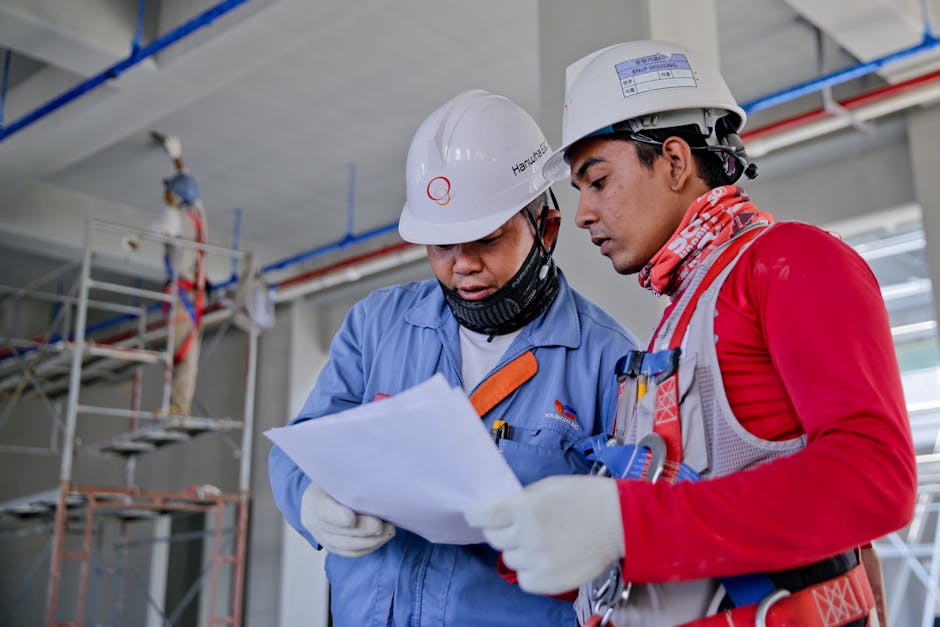 Recognizing the Characteristics of Commercial Construction
Recognizing the Characteristics of Commercial Construction
Industrial building is a vital field of the structure market that concentrates on the building of buildings and structures that serve service and commercial purposes. This can consist of offices, shopping mall, dining establishments, warehouses, and other centers that satisfy certain organization features. As urban locations remain to increase and develop, the demand for industrial building tasks is on the rise, substantially affecting regional economic situations and meeting the requirements of expanding companies.
One of the vital functions of industrial construction is its complexity. These projects commonly involve various stakeholders, consisting of designers, engineers, professionals, and regulatory bodies. This diverse team plays a vital function in making certain that the construction sticks to local building codes, ecological guidelines, and safety requirements. In addition, task supervisors need to successfully coordinate these different parties to guarantee that the task stays on timetable and within spending plan.
One more essential aspect of business building is the combination of contemporary technology and sustainable techniques. The industry has actually seen a shift in the direction of utilizing innovative construction approaches such as Structure Info Modeling (BIM) and prefabrication, which can enhance procedures and decrease waste. Additionally, numerous business tasks are now made with sustainability in mind, including energy-efficient systems and materials that aim to lessen ecological impact. This expanding concentrate on sustainability is not just advantageous for the earth; it also fulfills the raising needs of consumers and organizations for environmentally friendly spaces.
The financial ramifications of business building are significant also. These jobs normally need significant investment, and understanding financing alternatives is vital for developers and professionals. From typical bank loans to public-private collaborations, different funding systems can impact the practicality of a task. Additionally, fluctuations in the economic climate can additionally influence the commercial building market, as services might delay or increase their growth intends based on financial forecasts.
To conclude, commercial construction is an ever-evolving industry that plays a critical duty fit the facilities of our urban atmospheres. With its inherent intricacy and reliance on cooperation among various stakeholders, effective task management is vital. The consolidation of technology and sustainability methods is steering the market toward a much more efficient and accountable future. As need for industrial areas continues to expand, recognizing the complexities of this industry is essential for those associated with or entering the field.